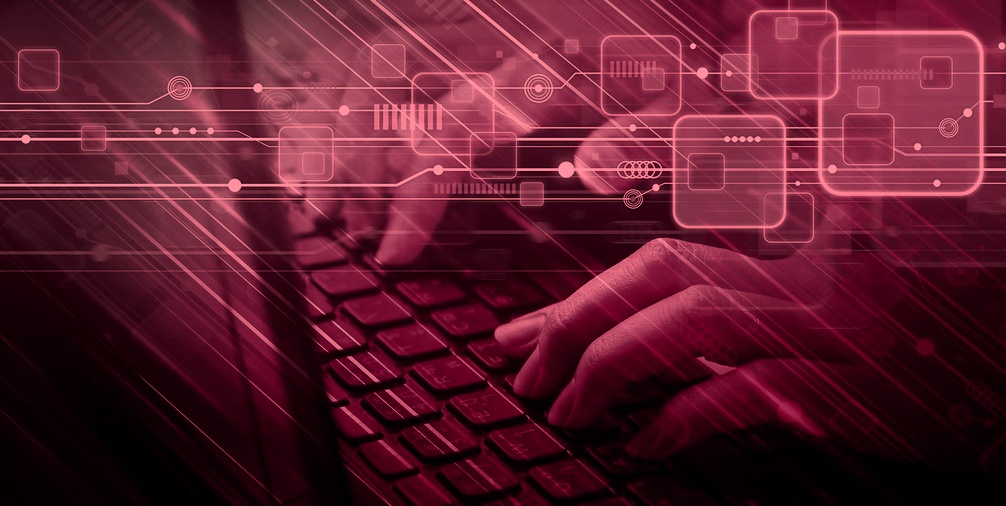
Industrial Internet of Things (IIoT)–Changing the Way We Live & Work
The Industrial Internet of Things (IIoT) is impelling the big industrial revolution. Most experts have strong faith that IIoT is going on very effectively and with solid, assessable business impact. It empowers organizations to gather, summarize as well as evaluate the data from sensors to make the most out of the efficiency of cutting-edge technology. IIoT applications add activity control, predictive protection, smart energy, big data analytics, and smart medical systems. IIoT is significantly changing number of industrial sectors such as,
- Smart Transportation
- Retail
- Financial
- Automotive
- Smart Manufacturing
- M2M (Machine-to-Machine)
- Smart Home
- Energy
- Medical/Healthcare
- Media
- Agriculture
- Smart buildings
- And many more.
IIoT (Industrial Internet of Things) represents the growth of current technologies that empowers end users to enhance procedures, force efficiency and preserve an edge in our very competitive worldwide economy. The IIoT needs technology that can work out the interoperability challenges of device connectivity by consistently & steadily offering data across the public domain at a great larger scale.
The dynamic viewpoint behind the IIoT is that smart machineries are better than humans at precisely capturing data. This data can empower organizations to pick up on inefficiencies & hurdles earlier, save time & money as well as support every business intelligence efforts. Particularly In manufacturing industry, IIoT preserves great potential for the control of quality, feasible practices and overall supply chain effectiveness.
There are number of challenges that industries come across while implementing IIoT such as,
- Security
- Bridging the gap that divide
- Supply chain concern
- Adaptability as well as scalability
- Maintenance
- Settling on device capabilities
The key difference between IoT & IIoT is that where customer IoT usually concentrates on comfort for each single customer. On the other hand Industrial IoT is strongly concentrates on enhancing the effectiveness, security as well as productivity of operations with a focus on great ROI.
M2M is a one part of the IIoT, which have a tendency to concentrates particularly on machine-to-machine communications; while IoT extends that to add machines-to-objects or people or infrastructure. The IIoT is all about making machines more proficient and simple to observe.
If we talk about the benefits of IIoT, it comprises broadly enhanced operational efficiency as it deal with predictive maintenance and remote management. It has new connected eco system that shape boundaries for traditional industry. It collaborates among humans and machines which will product extraordinary levels of efficiency and more appealing work experiences. Gatherings data from sensors is much more cost effective than ever before with the help of IIoT.
IIoT requires,
- Cloud computing
- Security
- Smart machines
- User Experience
- Big data analytics
- Anytime, anywhere accessibility
- Assets management
In IoT, individual will connect to the Internet in number of ways. In the present day, most people get associated with the Internet through devices such as Desktops, smart phones, tablets and TVs and social networks like Facebook, Twitter, LinkedIn & Pinterest. As the Internet evolves toward Internet of Things, individual will connect in more relevant and precious ways.
The potentiality in the industrial room is almost boundless- Smarter and more proficient factories, greener energy generation, self-regulating buildings that optimize consumption of energy, cities that can regulate traffic patterns & more. But, of course, execution will be a tough nut to crack.
Source: http://bit.ly/2cON67y
